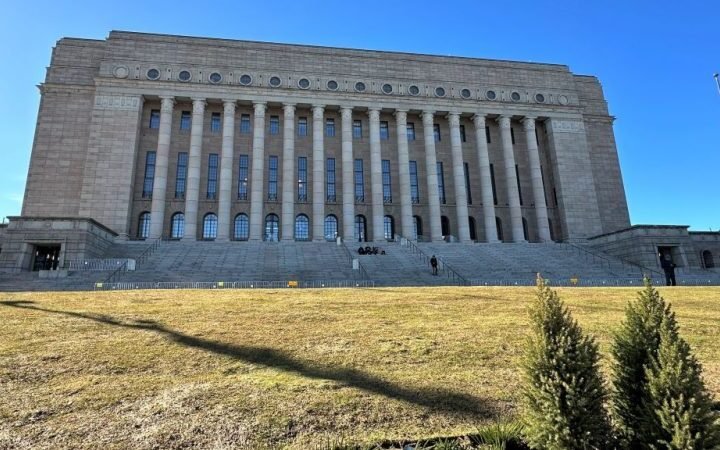Moscow’s move marks geopolitical shift amid regional migration turmoil
Russia has become the first country to officially recognize the Islamic Emirate of Afghanistan (IEA), granting full legal status to the Taliban-led government and raising its flag over the Afghan embassy in Moscow. The decision, announced on July 4, 2025, comes as a growing migration crisis unfolds at Afghanistan’s borders, with Iran pushing out over 4 million undocumented Afghan migrants and hundreds of thousands already fleeing in recent weeks, according to AFP and UNHCR figures.
The Kremlin’s recognition of the Taliban regime marks a sharp break from Western policy. While the US and EU continue to deny legitimacy to the Taliban, Moscow’s swift endorsement not only boosts its regional clout but signals its intention to build a broader anti-Western bloc with Tehran and Beijing, analysts note.
Moscow’s geopolitical gamble
Moscow’s move appears to be more than symbolic. By recognizing the IEA, Russia positions itself as a power broker in Central Asia, offering the Taliban legitimacy in exchange for strategic access to Afghanistan’s vast natural resources—including copper, rare earths, oil, and gas. According to Vesti.uz, Russia is moving quickly to “secure access” to these reserves, using early cooperation and favorable terms as leverage.
The move also opens the door for bilateral cooperation in energy, agriculture, mining, and infrastructure. Russian companies are eyeing potential contracts in transport engineering and resource extraction—despite the fact that Russia’s own domestic investment programs for railway infrastructure have been slashed by 37% in 2025 due to economic constraints.
Mounting migration pressures
Russia’s recognition comes as Afghanistan faces a worsening migration emergency. Under pressure from Tehran, Iran is expelling undocumented Afghans en masse. Over 1.2 million Afghan nationals have already left Iran and Pakistan in 2025, UN agencies report, with new surges expected along the Afghan-Iranian border. This new wave threatens to overwhelm Afghanistan’s fragile border infrastructure and may create additional pressure on Central Asian states and ultimately the EU.
The ZeeNews analysis notes that this development may also disrupt India’s strategic posture in the region, forcing it to reassess its alliances and risk exposure in a region now tilted more firmly toward Russian influence.
For Europe, the implications are direct: more migrants traveling through Iran and Central Asia toward EU borders, growing pressure on already strained asylum systems, and the potential for new routes exploited by smugglers and radical networks.
Strategic risks and domestic contradictions
Critics of the Kremlin’s decision highlight the political and security risks of embracing the Taliban. Internally, questions have emerged about how the regime will reconcile traditional Russian secular values with the Taliban’s strict interpretation of Sharia law.
One major point of contention: if the Taliban is no longer classified as a terrorist organization in Russia, why is the Ministry of Justice moving to revoke the legal license of Alexander Molokhov, a lawyer who represented Taliban interests before their recognition? For critics, it signals either a policy inconsistency or a deeper ideological compromise that may reverberate domestically.
Opponents also raise concerns about the potential radicalization risks, with some commentators questioning whether Russia’s diverse and multi-faith society is prepared for ideological spillover from closer Taliban ties.
“The Kremlin is gambling that it can absorb this shock geopolitically and domestically,” says a diplomatic analyst quoted in Vesti.uz. “But this is not a move without consequences—internally or across Eurasia.”
Broader implications for the West
Strategically, Russia’s move weakens Western efforts to isolate the Taliban and introduces new uncertainty into regional security dynamics. With Moscow now positioned as a key partner of the IEA, the Kremlin may use its relationship as a bargaining chip in future negotiations with both Central Asian allies and the West—particularly in areas of migration, counterterrorism, and sanctions diplomacy.
The recognition also comes at a time of waning Western leverage in Afghanistan, two years after the US withdrawal. For the Kremlin, seizing this moment offers both symbolic and strategic returns. For NATO and the EU, it presents a new front in the ongoing competition over influence in post-Western Afghanistan.










